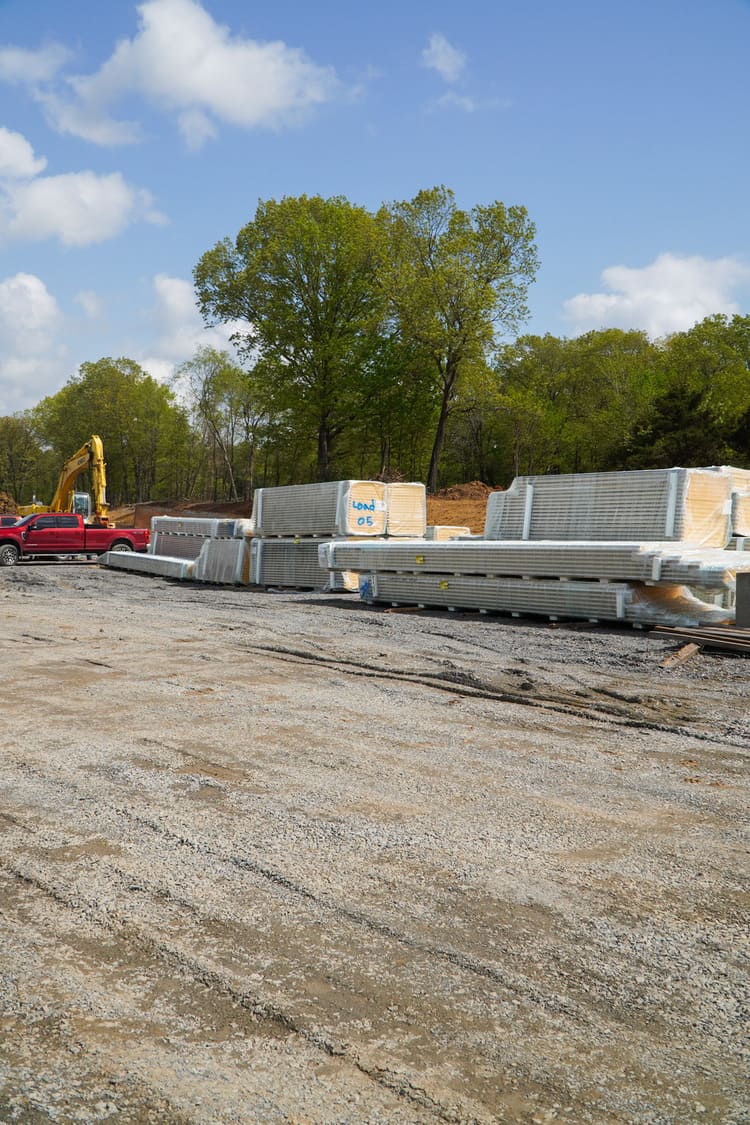The construction industry can be complex and intimidating, especially to people who are brand new to it. This is especially true because technological advancements mean that the industry is constantly evolving, with a high level of competition between construction companies.
In order to succeed and beat out competitors, construction companies must develop a strategy to maximize efficiency and reduce waste as much as possible.
What is lean construction?
Lean construction is the name for a certain methodology of project management that focuses on improving project outcomes by eliminating any activities that don’t add value to the project. It also involves the optimization of resources as much as possible for each project.
The goal of a lean construction project is to enhance overall project delivery as much as possible. It’s inspired by the principle of lean manufacturing– maximizing productivity and output, minimizing waste– and applies those ideals to the construction industry.
In the very simplest terms, the overarching goal of a lean construction project is to deliver on time, within budget, and with the highest quality standards of production– while eliminating any waste or unnecessary activities and maximizing productivity for everyone involved.
What are some of the major principles of lean construction?
Value
When undertaking a lean construction project, the primary focus is the ultimate value– from the client’s perspective. What aspects of the project are most important to the client? What aspects of the project are unnecessary for the ultimate outcome, and how can they be eliminated?
Kaizen
The concept of Kaizen is also used in lean construction. This is a term that means “continuous improvement”– people who espouse the idea of Kaizen believe that constant changes, no matter how small, can ultimately result in major improvements.
Collaboration and Integration
When all parties in a project are in communication from the very start, things are more likely to go off without a hitch. Project stakeholders, designers, suppliers, contractors, and clients should all have open lines of communication amongst them, to ensure that all relevant information is transparent to everyone it pertains to– and to make sure that all decisions are clearly communicated. This open communication results in smoother project execution.

What are some of the major benefits of lean construction?
When it’s used correctly, the concept of lean construction can have major benefits to everyone involved in a project– from construction subcontractors to designers to clients.
Some of these benefits include the aforementioned general increased productivity and efficiency, but they also include a drastic reduction in project delays and cost overruns. The project quality and customer satisfaction are often positively impacted as well.
How can I apply lean construction practices in my project?
Whether you’re a client or a contractor, it might help to consider the concept of Kaizen– it’s impossible to do a project perfectly on the first try or without any missteps, but with continuous small improvements, you’ll eventually see major results.
You should also work with construction companies who value lean construction principles. At RedStone, we wholeheartedly believe in collaboration and communication between everyone involved in a project from start to finish.
If you’re interested in working for a company who takes this approach, with the goal of ultimate satisfaction for everyone involved in a project, check out our careers page for all of our open positions– or give us a call with any questions you might have about working with us!


Recent Comments